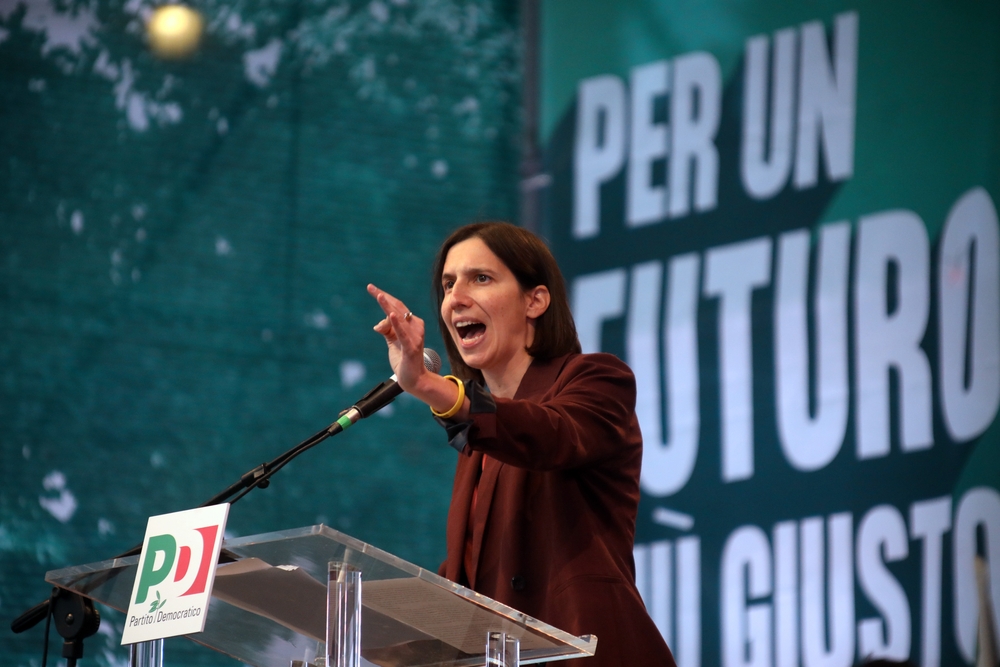At the Cernobbio Forum, opposition leaders are setting the stage for a fierce battle over healthcare funding and other key issues as they prepare for the upcoming budget maneuver.
Carlo Calenda, leader of Azione, has proposed reallocating the €4 billion earmarked for income tax reductions to healthcare, citing it as one of the country’s primary problems. This proposal received support from PD Secretary Elly Schlein, who emphasized the need for a united front on healthcare issues and long waiting lists: “Queues are growing, and Italians are giving up on treatment.” Giuseppe Conte, leader of the M5S, also highlighted Italy’s poor ranking in healthcare spending among G7 nations.
The opposition’s unity is tested on the issue of the Ukraine war, despite consensus on fiscal policy, healthcare, and labor. During a closed debate at the Forum, Calenda, Schlein, and Conte discussed the conflict. Calenda criticized Italy’s stance on military actions, labeling it hypocritical and accusing Viktor Orbán of acting as a “fifth column” for Russia. Conte expressed concern that the ongoing conflict could undermine Italy’s competitiveness and urged for a negotiated peace. Schlein reaffirmed support for Ukraine but did not engage in discussions on military strategy beyond Ukrainian borders.
Schlein stressed the importance of cooperative efforts among opposition parties to address the upcoming budget, echoing concerns about a lack of vision in previous budget proposals: “We want to ensure that the country can recover,” she stated. She also mentioned the need to address declining wages and highlighted the productive discussions on public healthcare, gender parity leave, and industrial policy that emerged from the Forum.
Carlo Calenda criticized the government’s handling of economic and industrial issues, labeling it as ineffective. He called out the sluggish progress on Industry 5.0 and criticized the Green Deal as unfeasible without nuclear energy. Calenda warned of a broader crisis in European democracies and stressed the need for a more pragmatic approach to citizenship and economic policies.
Giuseppe Conte called for a new EU-level financial initiative akin to the Next Generation EU to bolster the EU’s global competitiveness. He criticized the government’s focus on primary surpluses and tax hikes, arguing that it risks undermining domestic demand. Conte proposed a tax on extra profits and increased investment in digital payments and wage support to counteract declining real incomes and enhance competitiveness.

